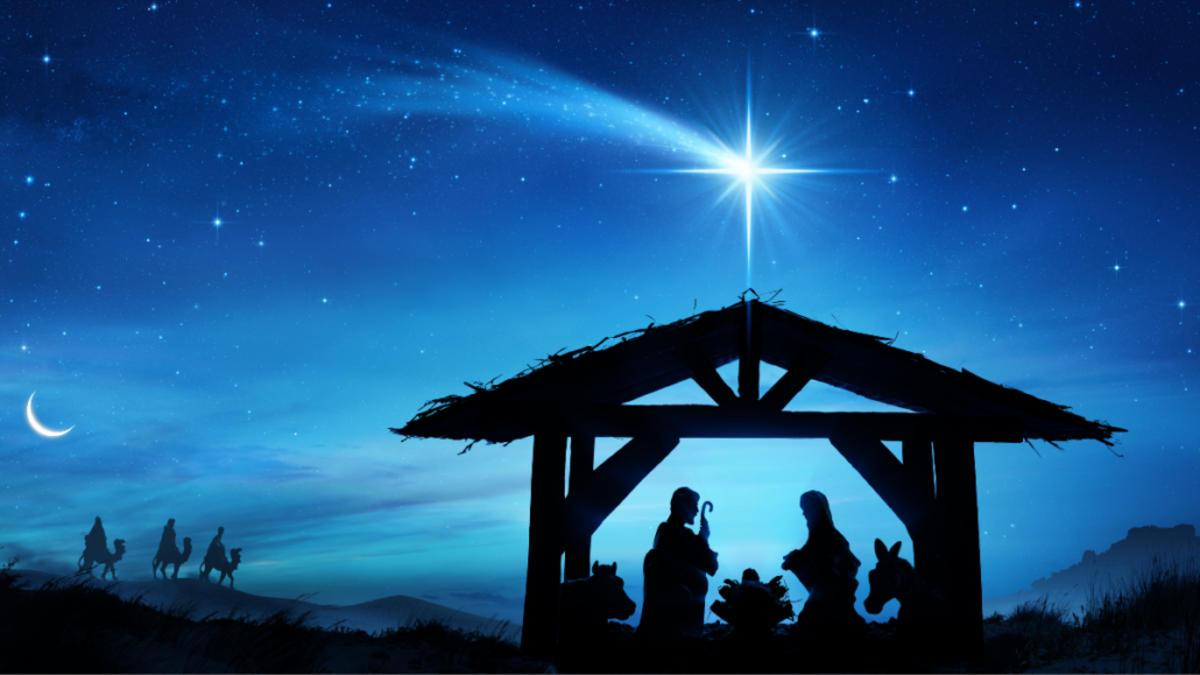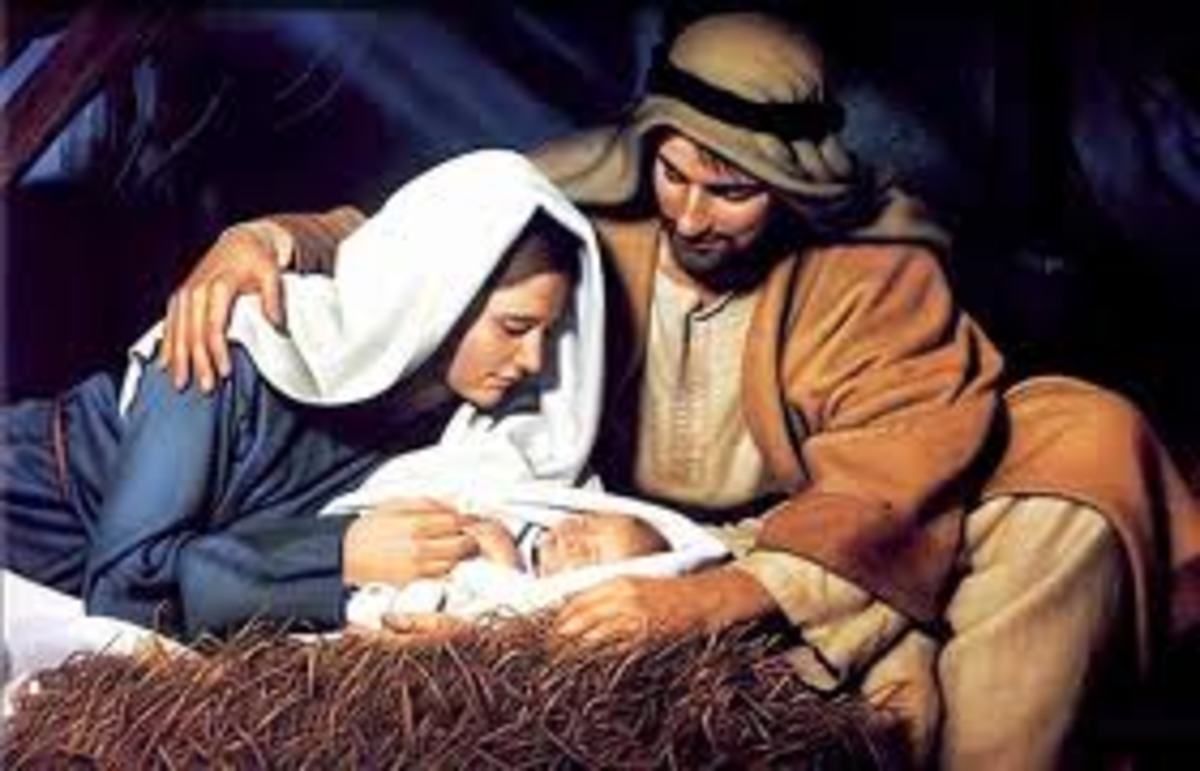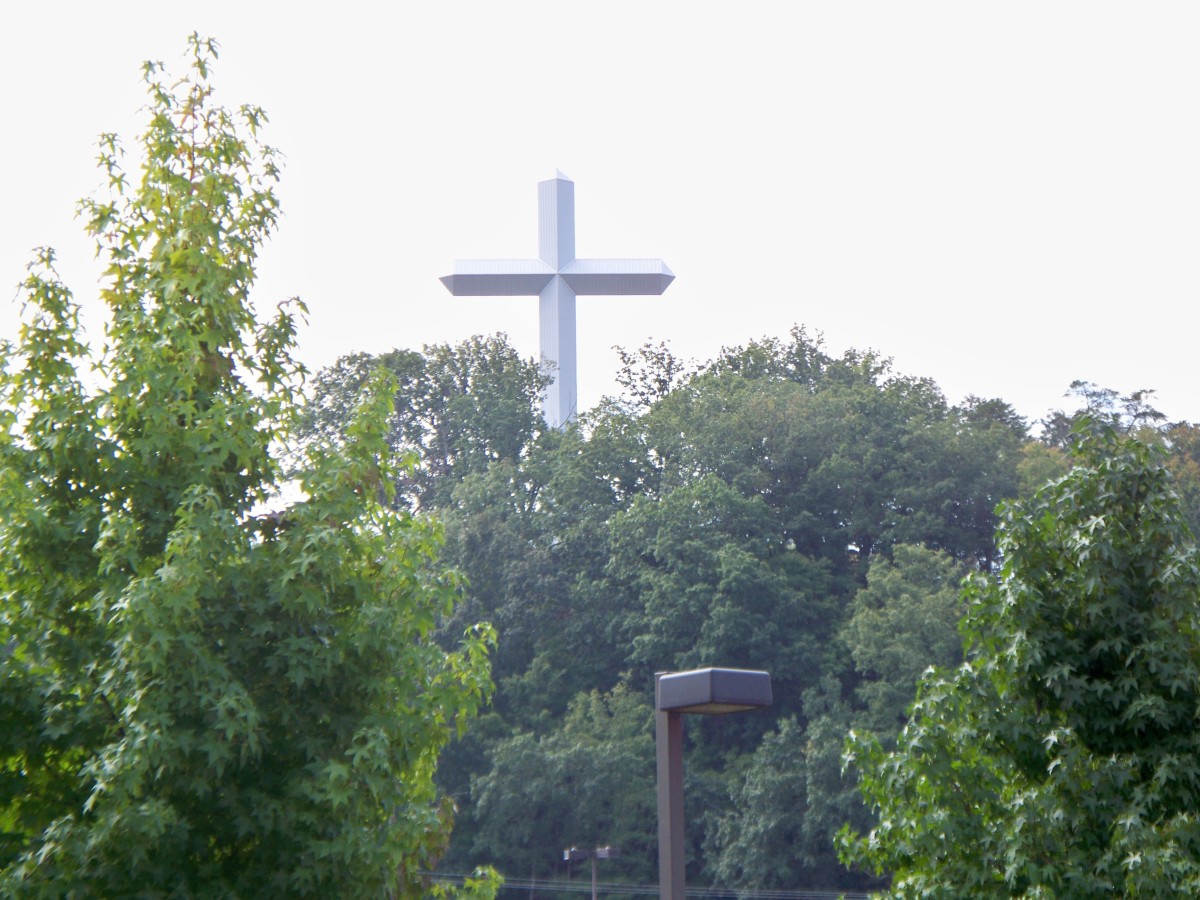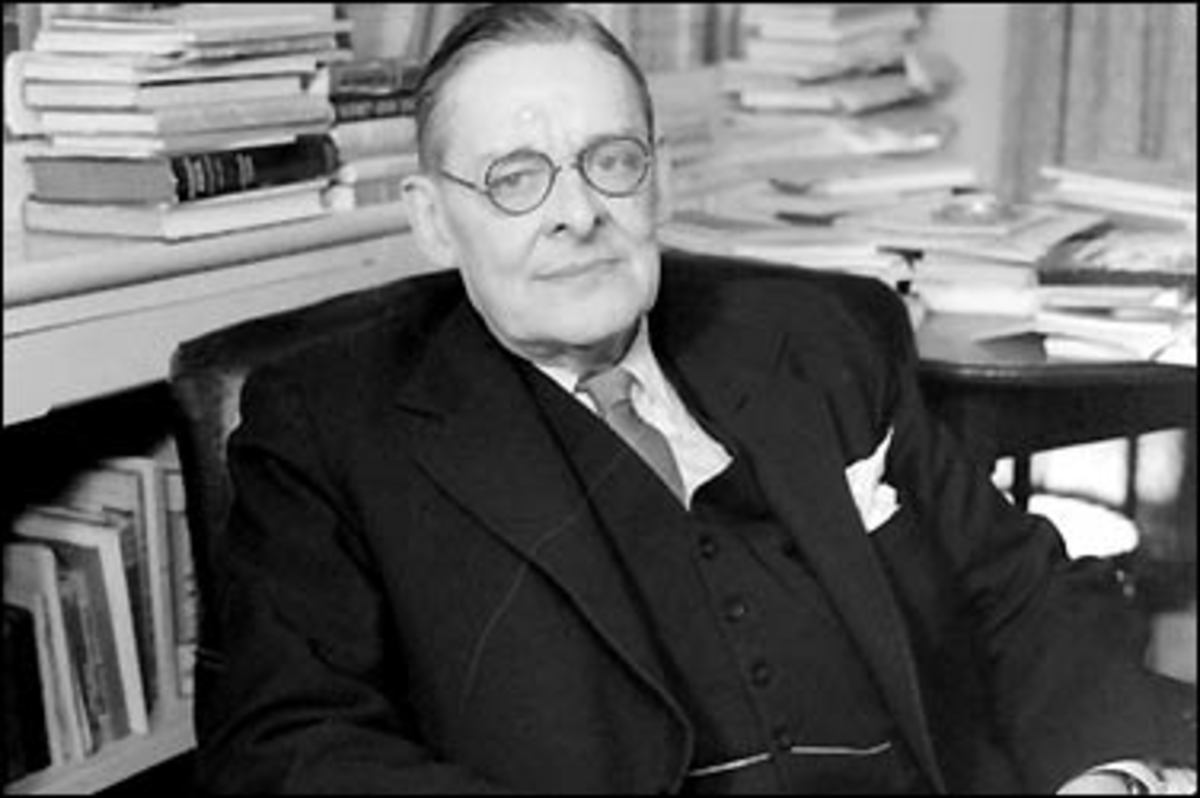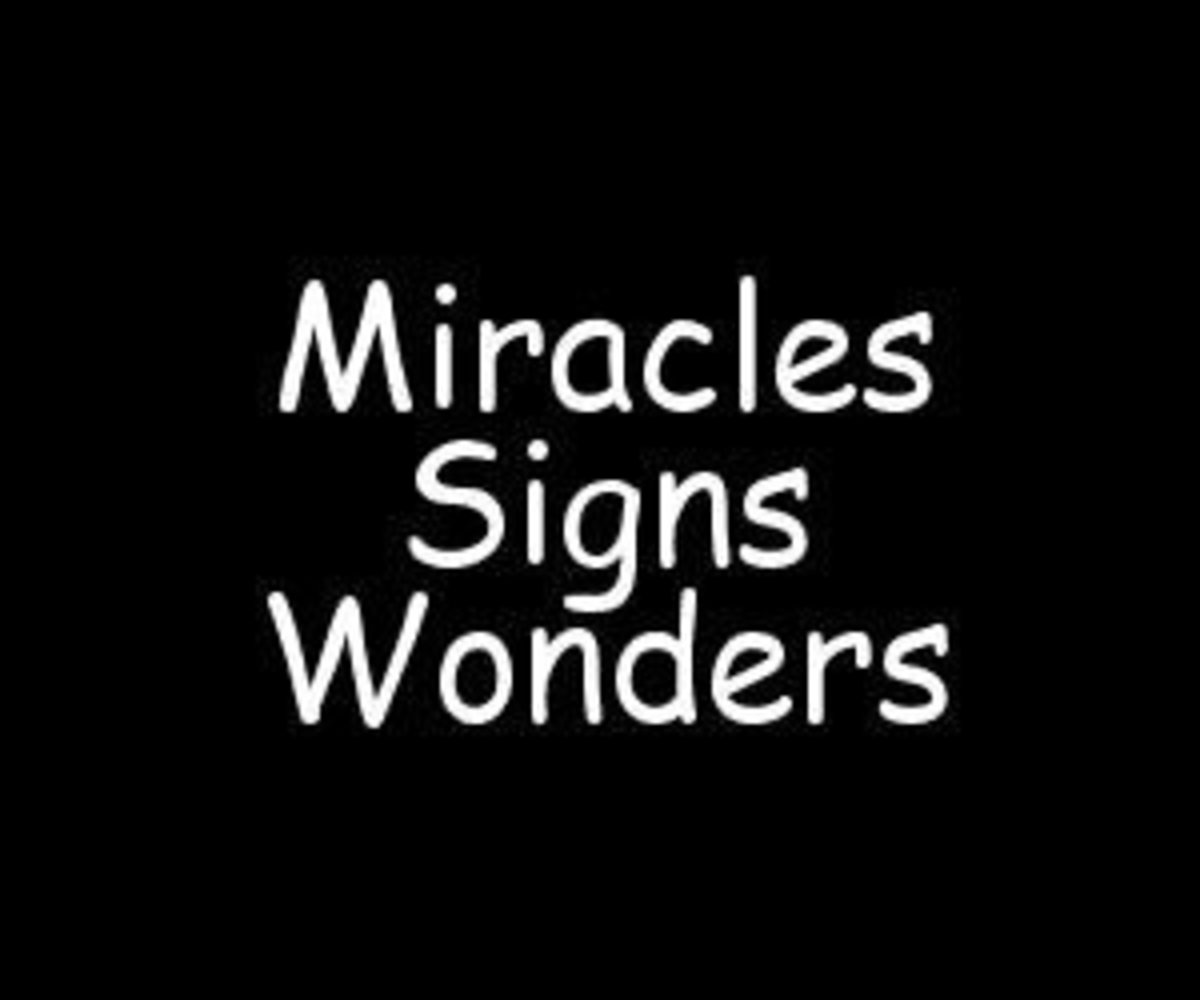Bible Myths: Christ in Christmas
Christianity Polluted by Man
Magi myths, manger scene myths, and Bethlehem star myths surround Jesus' birth and waters down Christianity. Non scriptural man made practices have become accepted as facts in our culture and polluted true Christianity. Part of this is due to man's interpretation, and part is due to accepting what your church leaders teach without actually opening the good book and reading it for yourself. Yet some just want to be a people pleaser, or going with the crowd, and others stand on rituals or family traditions. But does the Holy book teach tradition with regards to God's laws?

Nativity Scene Incorrect
Manger scene not known by Christians
The nativity scene is incorrect and Christians erroneously depict 3 wise men at the manger scene, which Matthew Chapter 2 refutes, yet Christians continue with their own story, which waters down Christianity.
The wise men (wisemen) were not present at Christ's birth, yet most of the Christian world has taken their visit almost 2 years later and fused it with Christ's birth to condense the story, which only muddies the waters. The 2 things were separate events and NOT one joyous day.
To understand how wise men relate to Christ's birth, one should read Matthew Chapter 2:1-23, but I will summarize here first and then go over five scriptures specifically. Photo: my work
Matthew Chapter 2 Summary:
King Herod wanted to find the child, (the Christ) and so he consulted with these astrologers (or wise men or magi) and told them to make a careful search for the young child and report back to him so that he too (Herod) could pay obeisance to him. Herod of course had no inclination to do so, but instead wanted to kill the child. After the magi (wise men or astrologers) took gifts to the Christ child they were given divine warning in a dream not to return the same way home so they would bypass Herod. Herod knew he had been outwitted and became enraged and was about to search for the child, which is why an angel visited Joseph and told him to take his family and flee into the land of Egypt until Herod had passed. (They left Israel altogether) Matthew 2:15 says "and he stayed there until the decease of Herod, for that to be fulfilled which was spoken by God through his prophet, saying 'Out of Egypt I called my son'." After Herod died, again an angel visited Joseph (in a dream) and told him be on your way to the land of Israel, but Herod's son was now the ruler and so Joseph was cautious but he remembered the divine warning in the dream to withdraw into the territory of Galilee. (Their home was there in Nazareth.)
Now that we are done with the summary of most of Matthew chapter 2 let's discuss five scriptures specifically so you can see the details for yourself.
Specific Scriptures on Christ's birth (Mt Ch 2):
Chapter 2 verse 1 states "After Jesus had been born in Bethlehem," which clearly let's you know it was after the birth that these magi or wise men arrived. Later part of verse 4 states "... he began to inquire of them where the Christ was to be born," which is because Herod did not know if the Christ child had been born or if he was yet to be born. The magi or astrologers gave their answer Bethlehem of Judea per the prophet and "Then Herod secretly summoned the astrologers and carefully ascertained from them the time of the star's appearing" (verse 7).
Midway through verse 16 it reads "... and had all the boys in Bethlehem and in all its districts done away with, from two years of age and under, according to the time that he had carefully ascertained from the astrologers." It was the magi or astrologers that told Herod that the star first appeared approximately two years ago, and Herod thought by using two years and under he would cover all his bases for any child born around that time. But wait, there's a shocker!
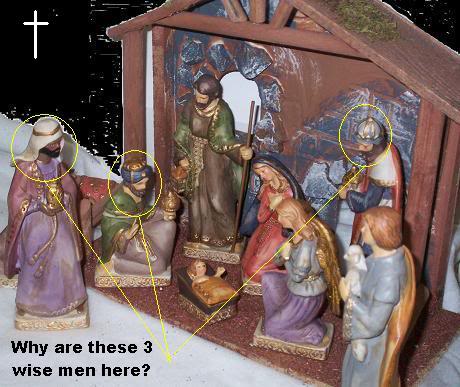
Now here's the clincher - verse 11 states this about the astrologers "And when they went into the house they saw the young child with Mary its mother." The Bible does not say infant or newborn or even baby, but instead says young child, and it also says house not manger or stable, but house. The child was between one and two years of age when the astrologers or magi arrived to present their gifts. This also means Joseph and Mary had long since left the stable and were living at home. The Bible however, did not say "home", which home can be anywhere you make it, (like a stable - a temporary home away from home), but instead the Bible was very specific and said "house". Although the magi were not present at the stable, or even shortly after the birth, wise men (magi) are always erroneously depicted in Nativity scenes.
Conclusion of Wisemen at Manger Scene:
Not only do the last 2 scriptures I quoted prove they weren't at the manger for Christ's birth, but the topic as a whole shows what kind of people these wise men were. Phrases like "secretly summoned", and "carefully ascertained" don't really imply that these wise men were good guys, but only implies they had knowledge and "secretly summoned" does NOT sound like knowledge inspired by God.
Some may point out that the wise men must be good guys because divine intervention occurred by way of a dream which they obeyed. While that is true, and they did withdraw to their country another way, they originally had not planned to do so, and only after the divine warning and AFTER they secretly met with Herod. The difference being that when an angel came to Joseph it warned him in advance, but when the wise men had the divine dream the damage was partially already done since Herod, the Great had received information from them in order to form a plan of action.
So since the wise men were not at the Christ's birth that makes nativity sets or manger scenes across the globe incorrect representations. That coupled with the fact that the wise men had secretly been summoned by Herod made me dig a little further. These wise men were definitely not honorable men, and the next section will explain WHY.
Article original, Copyright retained

Good Wise Men Not Biblical
Wise men or magi not the good guys
Good wise men are not Biblical or scriptural. Some Bibles call wise men (or wisemen) "Astrologers", and some call them "Magi." God does not approve of such persons and the scriptures prove that. Man is incorrect, but the Bible is not.
If you were to look up the word magi (in English) or magus, the singular form, you would see synonyms such as shaman, sorcerer or wizard, which origins come from magic and magician." These Magi studied astrology and if you were to search the internet by keywords astrology, then its Categories would be: Divination, Folklore, and Mysticism to name a few.
So now let's explore the word astrologers, which is very different than Astronomers. The latter being one who studies a science of the celestial objects and developments in the universe. The Astrologers however, use those celestial bodies to understand, interpret, and organize information about personality, and human affairs like the study of the zodiac or horoscope. Photo: my own work
Scriptures address sorcery and magic:
My question is this ... What does GOD have to do with sorcerers, wizards, magicians, astrologers and the like? A good example of that would be to read the part in Isaiah when the wicked ones were worshipping their mythological god Baal and then ask yourself what does GOD have in common with Baal, a false god? Nothing. A false god has nothing to do with the One true GOD. So let me ask you, what does truth have to do with sorcerers and sorcery? Nothing and therefore God would not align the negative impact of the wise men meeting with Herod with a truly holy event and then call that good.
There are three scriptures that come to mind about sorcerers and sorceresses, which are: about not listening to them, not preserving them, and a speedy witness against them. (Jer 27:9, Ex 22:18, Mal 3:5)
The Bible also speaks of magic practicing priests and in one scripture or another, (six come to mind) it lumps them together with conjurers, Chaldeans, and astrologers, and another time compares them with wise men, and sorcerers. (Ge 41:8; Ex 7:11; and 9:11; Da 1:20; 2:2 and 4:7) There are variations on this depending on the myriad of Bibles used, and which scriptures from the above you choose to look up. One thing is certain, no matter how it's phrased or which Bible is used, God sees them as all the same.
Additionally, Isaiah 2:6 says "For you have forsaken your people, the house of Jacob. For they have become full of what is from the East, and they are practicers of magic like the Philistines. Another Bible phrases it as "and are soothsayers like the Philistines," who by the way used the ark of the covenant as a magical charm. At 1Sa 5:9 to 7:2 (particularly 6:2-12) you can see the account of this, as well as a link here on the captivity of the ark by the Philistines.
Moreover, at Isaiah 6:9 it reads "... you cannot possibly pardon them" or some Bibles phrase it as "... therefore forgive them not." So, not only do you have scriptures to tell you this but you also have reasoning. If sorcery and astrology are strongly disapproved practices of the Bible, would GOD have led to the newborn Jesus persons whose practices God condemned?
Furthermore, the Bible addresses stargazers and lumps them together with astrologers at Isaiah 47:13-15. To the Babylonians it was said, "they are gone like chaff" and "your magicians with whom you have trafficked all your life: they have stumbled off."
It's also important to note that the magi didn't even show up until almost 2 years later, (Mt Ch 2) and if GOD wanted them to be there for the birth or even shortly thereafter don't you think they would have arrived way before two years? In fact the wise men were not even visited by an angel as the shepherds were to tell them the Christ had been born. The fact is the magi had a much belated arrival as discussed earlier (above). Yet Christians abound tell the story that these wise men were integral to the story of the nativity scene or manger scene, and yet they were not. Moreover the Bible addresses the word "wise" in a worldly sense (meaning not in a scriptural sense), which is seen below.
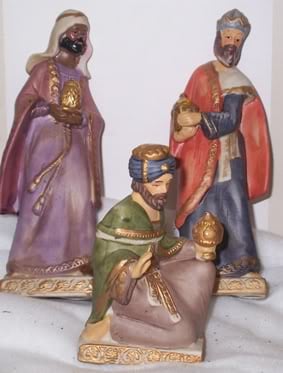
Bible Addresses Wise Men
The so-called "three" wise men that visited the newborn king are not the only wise men spoken of in the Bible. The Bible addresses wise men and makes a distinction between good and bad wisdom.
Men noted for their wisdom were prized by ancient kings. Egypt, Chaldea, Edom and other nations had their bodies of wise men, seen at Ex 7:11; Es 1:13; Jer 10:7; 50:35 and Ob 8. Additionally, the monarchs of Persia had a council of seven wise men as seen at Es 1:13-15. So there were many wise men in the Bible and therefore "wise" men are not specific to the Jesus birth, nor are wise men always portayed as good. Jehonadab too was considered a very wise man, but used his wisdom to be shrewd, manipulative, and deceitful. The Bible addresses wisdom with a difference between spiritual wisdom and fleshly or worldy wisdom.
The Bible speaks of many instances of wise men in a worldly way and what God thinks of them. 1st Corinthians 1:19 tells us what God will do to those people. "For it is written: 'I will make the wisdom of the wise perish, and the intelligence of the intellectual I will shove aside." ' Notice that there is a quote within a quote here i.e I quoted the whole verse, but the Bible had quotes around certain parts of it to further emphasize exactly what was said, which shows how important it is to God that it is understood by us. That same scripture in the latter part says "... will bring to nothing the understanding of the prudent." Notice the phrasing "bring to nothing."
Another scripture in 1st Corinthians, same chapter, but verse 26 says "... that not many wise in a fleshly way were called, not many powerful, not many noble birth." Notice the wording wise in a "fleshly way" was used.
So again I ask how are the "wise" men with relation to Jesus' birth good guys? Two plus one does not equal four, and yet people draw their own conclusions that wise men are the good guys that were supposed to be part of a nativity scene and that they were led by a star that God used to guide them. In the next section below, the Bethlehem star is addressed more in detail.

Wise Men Not Led By Star
God did not lead wise men with star of Bethlehem
Seeing and following a star versus being led by a star with divine intervention is NOT the same thing. Wise men were not led by the star of Bethlehem and again is not scriptural but a man-made myth.
The magi or astrologers (wise men) saw a star and that part is true, but they were not led by that star from God. Keep in mind the shepherds were not led by a star, but instead visited by an angel, so why would NOT ONE of GOD's angels of his many army of angels visit the magi as they had the shepherds? It is very possible that the star the magi saw was followed by them, but they were astrologers so it's not surprising they followed a star.
It is however important to stress that nowhere does the Bible say GOD made a star appear for them to track OR that GOD led the magi to the baby Jesus OR that angels told them the Christ had been born, or that anyone righteous told them to visit the Christ Jesus. God found it important for the account of the shepherds visited by an angel to be documented, so don't you think God would have also mentioned the details surrounding the magi's help from God as being from the Father, if it was truly from God? Don't you find that odd? Many people assume that because they were wise they didn't need help from God, yet the star led them to Herod first then the Christ child and long after the birth. God would not have left out an important detail about leading the wise men with a star AND previous sections address the "wise" men in a worldly or fleshly way, which is not in a positive light according to the Bible.
Star Did Not Lead Wisemen

Star scriptures out of context
Many people have taken out of context the scripture "A star will certainly step forth out of Jacob, And a scepter will indeed rise out of Israel." as written in Numbers 24:17 midway through the verse. (New World Translation of the Holy Scriptures, New York 1984) There are many people that think this is the star that GOD used to lead the magi to the newborn king. A star however, can mean many things such as: in the sense of astronomy; the star of David worn on clothing during Nazi Germany to identify Jews; or even a star of a basketball team. So with many descriptions and uses for the word "star", it is obvious here in the book of Numbers that the stepping forth is from a person and not a star in the sky, since a star cannot STEP forth. Photo credit: work is my own
The same scripture says "out of Jacob" meaning the twelve tribes of Jacob (The 12 tribes are in Numbers Ch 26 1 - 51 and Joshua 18:11 through the end of Ch19). Both of Jesus' parents were from the line of one of the twelve tribes; which were said to have started the nation of Israel. Through the tribe of Judah, a son of Jacob, who was a son of Isaac who was a son to the father of all fathers Abraham, is the line of descent where the seed would produce the Messiah. The lineages or genealogies of both of Jesus' parents are shown in Matthew Chapter 1: 1-17 and Luke Chapter 3: 23 -38 respectively according to each one's line of descent. Since Jesus is from that line of descent that would explain the phrase "step forth out of Jacob."

Additionally, when one hears the word scepter (from Book of Numbers), one usually thinks of a royal or a ruler like one of Jesus' titles, Prince of Peace (or as some people mocked him as "King of the Jews"), and that's what the latter part of the scripture "and a scepter" is referencing; it's pictorial. The latter part of the scripture "... rise out of Israel", indeed is not about a physical star in the sky, but instead a king (Christ, the newborn king) who is from Israel and putting it together with the other sections above means that One would be from the ancestral line of Jacob. Photo: Plamen CC-SA-3.0
Star Summation:
The star scripture refers to Jesus, and not a physical star, nor refers to a Bethlehem star, nor a direction of travel for wise men, nor any part of the cosmic universe, nor anyone being led by its appearance in the sky.
The Holy Bible Red Letter Edition shows the same verse with slightly different wording and substitutes the phrase "step forth out of Jacob" with the phrase "shall come a star out of Jacob." (Publishers World Syndicate Company, Inc New York 1913; copyright 1901, 1905 by Louis Klopsch) Although the phrase is slightly different, the same meaning can be drawn from the scriptures for the simple reason that a star of any kind or even a star of Bethlehem cannot physically come out of a person like Jacob.
The star in the book of Numbers is figurative and parallels the day-star or otherwise known as "bright morning star" at Revelation 22:16, which again mentions Jesus as the root of David. Many people think that these scriptures on stars are referring to Satan, but that is a misnomer. To learn more on Satan's nicknames, the myths associated with Satan and the misnomer that Satan is the Morning Star see the link I provided.
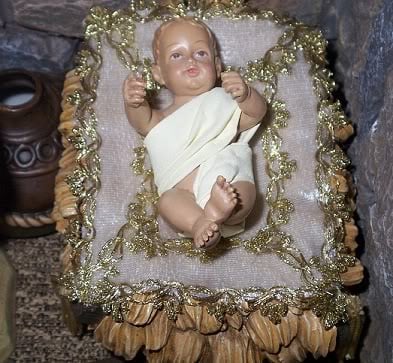
Christ's Birth Misnomers
Inaccuracies by man on Christ's birth
There are many misnomers about Christ's birth, which have been crafted by man and these inaccuracies have now become truth for some people, which have polluted Christianity.
Myth #1A: There is no evidence that Mary rode a donkey to Bethlehem while she was heavy with child. It makes sense that it probably was a donkey, because they were considered beasts of burden, but it also could have easily have been a camel. Camels too were animals of that land during that time period that were used for a method of travel, and so man's story of a donkey is just that - a story, and not fact. Myth #1B: Additionally, Mary did not give birth to Jesus in a manger, because that is too small for a pregnant woman's comfort for a delivery. A manger is a feeding trough for animals, which Jesus was PLACED in after his birth. (See Lu 2.7). The verbal account of the manger story is just poorly worded and a case of semantics, so I did not give full weight to that as a myth and labeled it as 1B. Many people may say that both seem small and trivial, however there are other points that are weightier such as those below (in this section) and also those above with references made in respects to the wise men and manger scene.
Moreover the family ended up in the stable because there was no room at the inn (or lodging house or lodging room), and while that is true there is no mention of an innkeeper in the Bible (Myth #2) as it pertains to the birth story. It is possible an innkeeper told them there was no room, but the Bible does not speak of an innkeeper as a person they actually spoke to, so one can only assume they asked and were given the answer. Although this sounds reasonable, small changes then become big changes and small stretching of the story becomes huge distortions as in the case of the wise men, which has previously been discussed. Photo credit: my own work
These man-made myths however, do not stop at the method of travel or an innkeeper, but stretches its way to the nativity scene on-lookers.
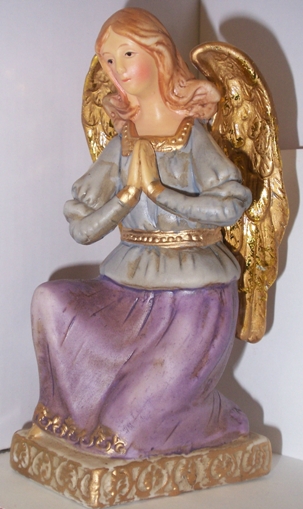
So who was present at Christ's birth? Were the angels or shepherds present at Jesus' birth or even shortly after as depicted by the manger scene? No to the first and yes for the 2nd.
The angels visited the shepherds and told them not to fear, because a Savior had been born and then the angels ... "departed from them into heaven" (Lu 2:15). That clears up myth #3A in reference to the angel's presence, but let's examine the scriptures more carefully as it pertains to the shepherds.
"There was born to you today a Savior, who is Christ the Lord, in David's city" (Lu 2:11). The operative words are: "was born to you today", tells us it had already occurred and yet the shepherds hadn't even departed on their journey yet. Now referring back to Luke 2:15 (but now the latter part) the shepherds say ... "Let us by all means go clear to Bethlehem and see this thing that has taken place." (That's written in the past tense) The shepherds did go and did see the Christ child, but only after the angels had told them about it. They weren't just hanging around near the area and wandered in to take a look, nor did they follow a star, which should suffice for myth #3B and clear up the shepherds presence at the time of the birth.
There is also no mention in the Bible as to the number of wise men or wisemen (Myth #4). The Bible used "men" and not "man" so in the plural sense we know there was more than one, but that's all we know. People assume there were three men because 3 gifts that being gold, frankincense, and myrrh were taken with them and presented to the newborn king.
You may find these tidbits to be small nothings, however Jesus' birth did not occur on December 25th or anywhere close to that, and that is a BIGGIE!. In fact the Bible has no mention of exactly WHEN Jesus was born nor does it command us to celebrate his birth. The scriptures show the shepherds were in the fields at night at the time of Christ's birth, and that should be a big clue right there. Sheep don't spend time in the winter outdoors, but instead flocks spend that time under cover. Additionally, December is not just cold for the United States, but Bethlehem of Judea is cold during that time period also. No sheep or shepherds attending their flocks would have been outside during the month that many people say Christ was born. You may want to read Luke 2:8-11 and also the book "Daily Life in the Time of Jesus" (1962 New York, Henri Daniel-Rops, p 228) That clear up Myth #5 time of birth.
Above you will see more info on the nativity scene and the presence or lack of presence of the wise men, followed up by evidence of wise men not being honorable good guys. If you missed this, now is the time to go back. This link even gives the names of the magi (wise men), with alternate names, because even some of Christianity can't agree on who they are. In fact, in November 2012 CNN reported that Pope Benedict XVI's book on Jesus challenges Christmas traditions, so even the Vatican has differing views than it once had.
Article is original, Copyright retained
Related Reading:
Other Christians know some of these myths already and I am not the first one to notice this. See the links here on Christian answers on Christmas. Additionally, there was no such thing as Christmas trees in Jesus' time and in fact people didn't start to decorate them until after 1100 AD, and some even say Xmas trees didn't exist until the 1500's per the Christmas Tree Association. Another religious denomination has chimed in with their Christian view of The True Origin of Christmas found at the Restored Church of God. Lastly is an article describing where Xmas roots come from titled 12 Christian Traditions with Pagan Origins
© 2011 GetFactsnotHype


